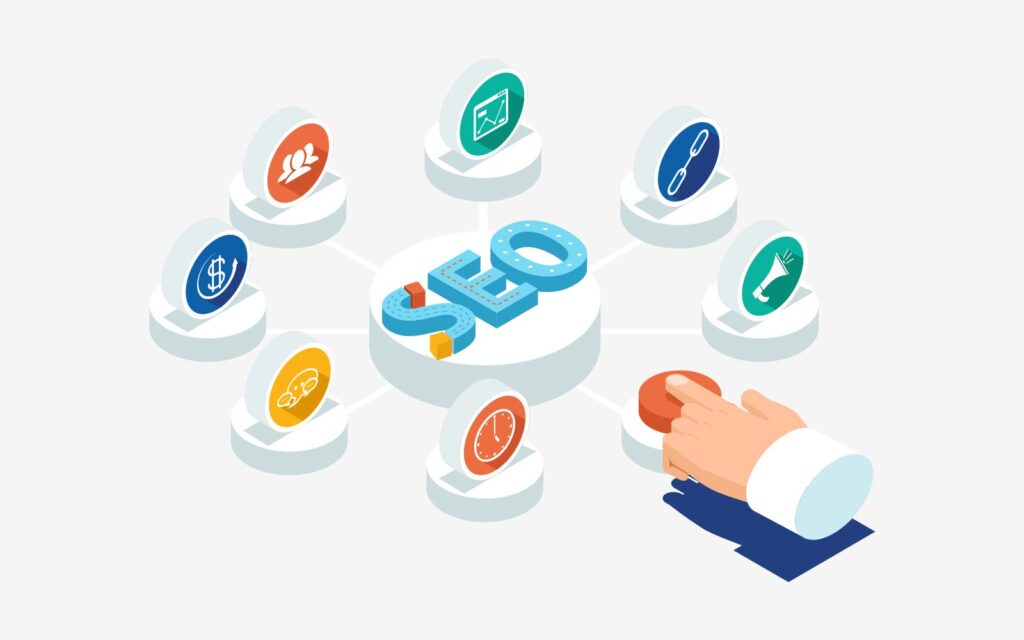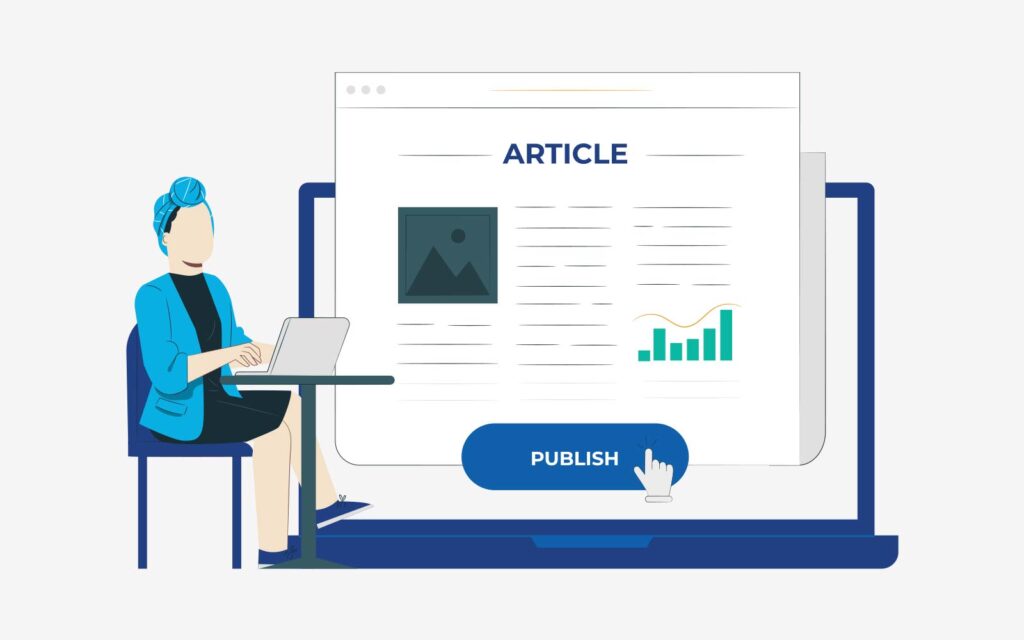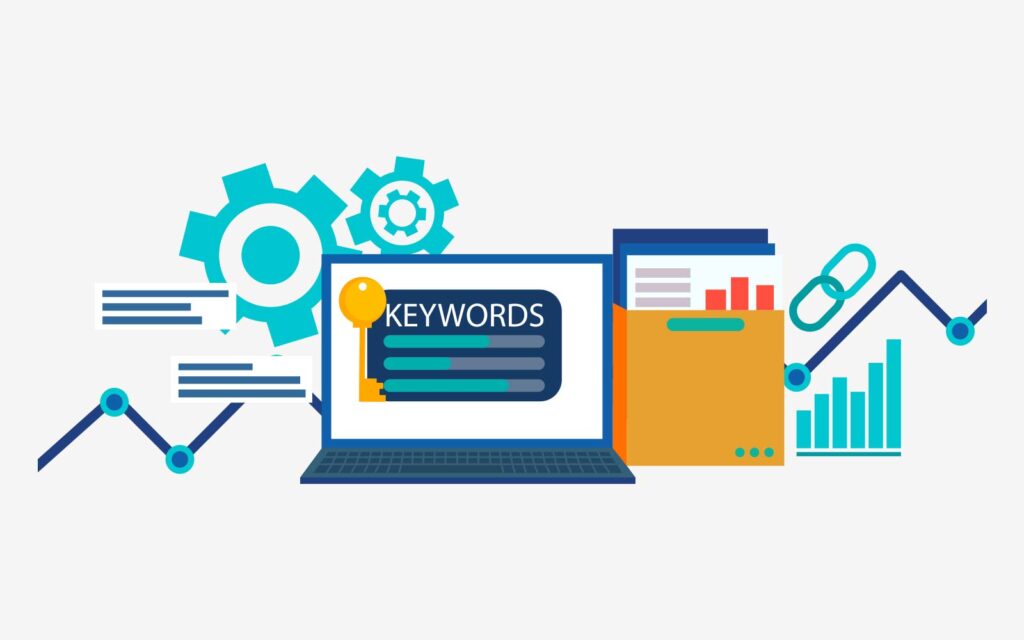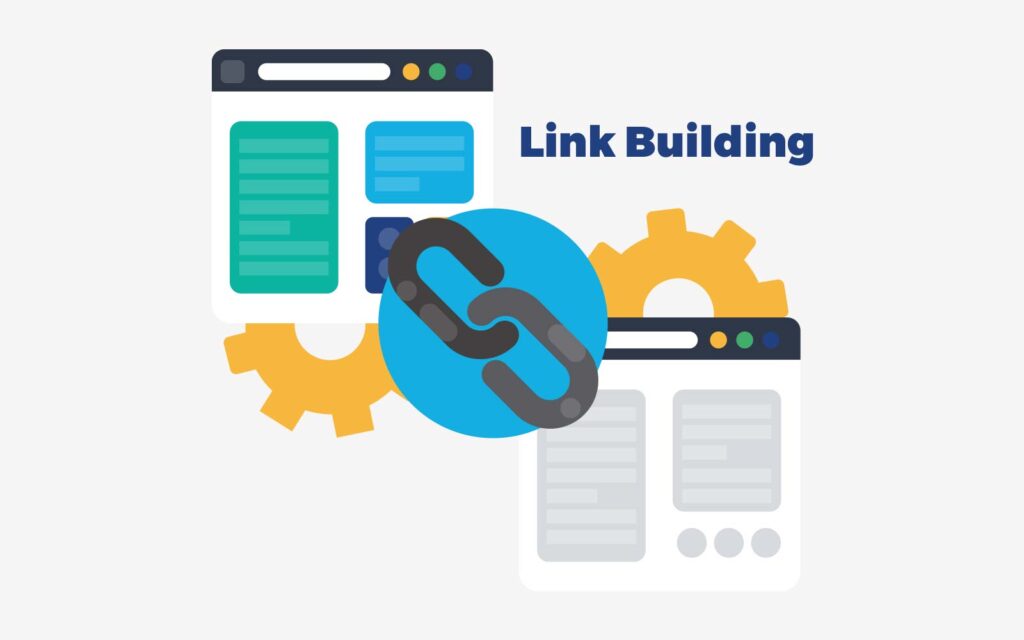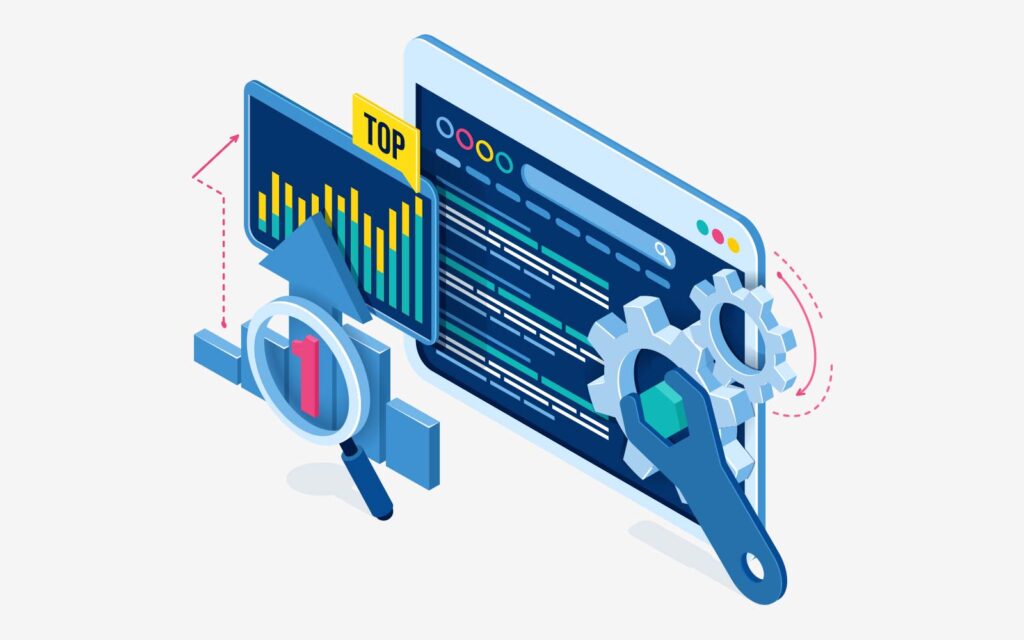Search Engine Optimisation tactics are not a one size fits all approach.
Selling directly to consumers (B2C) requires Search Engine Optimisation campaigns that are focused on trying to drive customers to buy now. It is an instant selling connection between your company and consumers.
When it comes to selling from business to business (B2B) it requires a different strategy, especially when it comes to search engine optimisation.
The B2B buying journey takes longer, there are more people involved, and the purchase values are larger. The stakes are higher, and decisions are more considered.
Your B2B campaigns must be designed to drive buyers through the customer journey. You are targeting them at each step of their journey with relevant information to build trust and confidence in your brand. That trust is built through materials such as white papers, case studies, thought leadership pieces, and demonstration requests. You are working to place your brand at the top of their list as they do their research.
The B2C Customer Engagement
B2C customer engagement is quite simple. Consumers may see an advertisement or information online. They may find your product when they are searching online and see a PPC (Pay Per Click) advertisement or find your website.
From there, buyers browse your products and select their choices and make a purchase. The experience of the website being user-friendly with great products influences their decision.
The B2B Customer Engagement
For B2B customers, the engagement is more of a journey and takes a different route. B2B customers are heavy researchers, and rarely would one message entice someone to make a purchasing decision. It is often the cumulative effect of multiple touchpoints, strong messaging and brand exposure that leads buyers to purchase.
There are a number of challenges that B2B marketers are facing, which need to be considered in search engine optimisation strategies. With multiple decision-makers in the process, all with different information requirements for one agreement, information needs to be more varied and appeal to a wider audience. Finance, operations, human resources, purchasing and other divisions of a company can be heavily involved in the decision-making process. Salespeople were often asked to navigate the journey with buyers and tailor information to each of their needs.
What research is now showing is that buyers are remaining at arm’s length longer, preferring online content to salespeople. This trend is rising and creating more demand for marketing departments.
Search Engine Optimisation Strategies need to answer these five fundamental questions.
- What companies need our product or service?
- What are their motivations for purchasing?
- Who would typically be involved in the decision-making process?
- How can we demonstrate our solution to what they require?
- How can we present content in a way that is search engine friendly?
Preparation for Search Engine Optimisation Campaigns
When you are developing content for marketing your business utilising SEO tactics, keep all of the above items in mind. Here are some of the preparations you need to consider that will assist you in preparing for an SEO marketing strategy.
Buyer Personas
Buyer personas are the different profiles of people that are involved in purchasing decisions, and each has their motivations to buy. Depending on your product or service, you may have two or maybe five people involved in the decision. It will depend on the complexity of the purchase and how the decision impacts many departments.
You will need to create SEO-enhanced content for all. By creating profiles of the people most likely to be in the decision-making chain, you can target your content accordingly.
Finding the Problems and Solving Them
Effective sellers learn to probe for the problem that needs to be solved. By uncovering the problem businesses need to solve, you can position your product or service as the solution to move the buyer’s business forward. Understanding those problems can assist you in identifying keywords to match a potential buyer’s search.
Content Creation
Marketing teams need to develop an entire library of marketing material to assist in engaging customers at each point in the buying process. When creating content, pieces need to be customised to buyer personas and motivations. With the assistance of marketing automation, you can target the right personas, at the right time, with the right content.
Keywords – the long and short of it
People search online in all sorts of different ways. Having the right keywords in your copy can be the difference between being found online and being forgotten. Search Engine Optimisation for B2B takes extensive keyword research. You will need to identify what search queries and the phrases they use most often to request information when searching.
When products and services of a business are targeted at solving particular problems, you will need to incorporate both broad (long-tail) terms and niche or industry-specific keywords into your strategy.
These keywords should be populated in your marketing materials, your website, your landing pages, and your advertising. For many companies, the search volume may be low, and competition for these keywords may be high, making it important to have the right materials when people respond to those keywords.
Link Building
Google algorithms use the quality of your inbound links as one of the key ranking signals. Therefore, Search Engine Optimisation (SEO) for B2B means consistent link building.
Securing links back to your website from high authority websites makes the search engines take notice of your website.
More difficult but beneficial is gaining links through guest posts, placement, reviews, or other methods on industry-leading online publications can assist with your SEO and attract industry leaders.
Internal linking is also another important consideration
But be warned, poor quality sites can hurt your SEO, so not all links are good links.
Website Optimisation
Search engines are there to serve you the most relevant pieces of content every time a visitor enters a query, so website optimisation is your #1 priority. You need to ensure that you create web page content that the search engine will favour over your competitors.
Google advises there are more than 200+ ranking signals used by its algorithm. Therefore SEO starts with making sure your website is optimised to as many of those ranking signals as possible.
Google has never published a list of what those ranking factors are in full, but experts say these are some of the most important factors you need to consider.
- High-quality content on your websites and blog posts
- Content should be SEO-optimised with keywords and provide real value to website visitors.
- Content must match the user’s search terms. You want to have the specific content that a B2B buyer is looking for in your niche.
- Ensure the right keywords are throughout your site and content. If you are using the wrong keywords, search engines will overlook even the best content.
- HTTPS-secure websites are prioritised now. Non-secure sites are being pushed down the list of organic and search results, and buyers are more wary of non-secure sites.
- Optimised for mobile is important. Google gives preference to mobile-optimised websites, especially for mobile searchers. Nearly half (48%) of searches start on mobile, and 52% of customers say a poor mobile experience made them less likely to engage with a company.
- Page load speed More than half of web visitors leave a site if it takes more than three seconds to load. Search engines now prioritise sites with short load times.
- User experience and on-page optimisation
SEO For B2B Companies
Preparing and delivering Search Engine Optimised websites and campaigns is crucial to reaching B2B buyers. Adopting these recommendations is important to support business growth.
The key to it all is valuable content that informs and builds trust with potential B2B buyers when they are searching. Without high-quality content positioning your company as the solution to their problem that started them searching, you won’t drive them to convert.
Sales Focus Advisory assists companies in optimising their websites and content for business to business buyers.
You can reach out to the office to organise a time to discuss your specific via our contact form or telephone 1800 699 997
If you found this article helpful, follow us on LinkedIn or subscribe to Our Insights on the right-hand column of this page to make sure you don’t miss new posts.
Articles you may also be interested in reading:
© Y2020 Sales Focus Advisory – All Rights Reserved.

